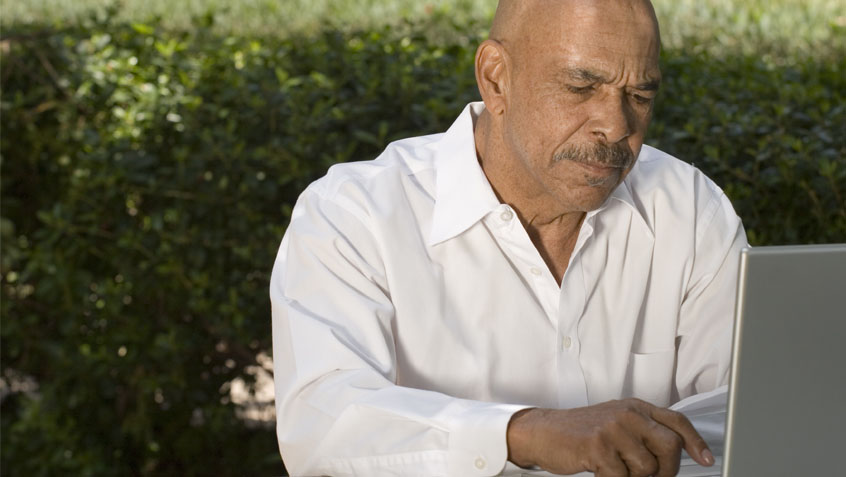
New Enrollment Period Now Available for People with Medicare Advantage
Older adults and people with disabilities who are currently enrolled in a Medicare Advantage (MA) plan have until March 31 to switch to another MA plan or to Original Medicare with or without a stand-alone prescription drug plan (Part D) during the new Medicare Advantage Open Enrollment Period (MA OEP).
The MA OEP occurs each year from January 1 through March 31, and it is only available to people who have a Medicare Advantage plan. One change can be made during this period, which will take effect the first of the month following the month you enroll. For example, if you switch to a new Medicare Advantage Plan in February, your new coverage begins March 1.









